In the competitive business landscape of Adelaide, a reliable hot water system is not merely a convenience but a foundational pillar supporting daily operations. This comprehensive guide is strategically crafted to shed light on the profound importance of a fully operational hot water system, emphasising its pivotal role in both employee well-being and facility hygiene.
Delving further, it navigates common issues and provides pre-emptive measures tailored for businesses in Adelaide, offering a strategic approach to emergency hot water repair before the need arises for professional plumbing assistance. In essence, businesses are encouraged to view their hot water systems as integral components of operational efficiency, prioritising proactive strategies for emergency hot water repair in Adelaide.
By understanding the critical role these systems play, identifying potential challenges, and embracing strategic measures, businesses can fortify themselves against disruptions and ensure a seamless workflow in the face of hot water system emergencies. Stay ahead in Adelaide's competitive business environment with proactive hot water management strategies outlined in this guide.
The Importance of Hot Water
for Business Operations
Beyond the common place notion of its role as a basic amenity, the influence of a working hot water system permeates various facets crucial to the vitality of a thriving business. Let's explore these dimensions to appreciate the role hot water plays in daily business operations and activities.
1. Employee Well-being and Comfort:
Hot water goes beyond its utilitarian function, as a fundamental contributor to employee well-being. Working and reliable hot water greatly affects workplace culture, but perhaps not as much as the lack of it does!
2. Facility Hygiene and Health:
A crucial element in maintaining hygiene in the workplace, hot water plays a vital role in preventing the spread of germs. This is particularly significant for creating a healthy and safe environment for both employees and customers. Consistently available hot water supply reflects a business's ability to provide essential amenities and enhance the overall employee and customer experience.
3. Operational Efficiency:
Hot water plays an important role in daily business operations. It is crucial for equipment sanitisation and maintaining industry standards. Without hot water, proper sanitisation cannot be achieved, which can lead to contamination and compromise quality.
Hot water is necessary for routine cleaning of workspaces and manufacturing areas. Its availability is critical for the prompt execution of these tasks and to maintain stringent hygiene protocols.
Overall, hot water is not just a convenience, but a vital component for maintaining standards, quality, and timelines within a well-functioning business.
4. Energy Efficiency:
Ensuring the optimal functioning of hot water systems is not merely a matter of operational necessity but a critical facet of energy efficiency. Inefficient systems, whether due to wear and tear or outdated technology, can lead to substantial energy wastage. This inefficiency not only translates into higher utility bills, imposing an additional financial burden on the business but also contributes to a larger environmental concern.
The excessive energy consumption associated with inefficient hot water systems increases a business's carbon footprint, further exacerbating its ecological impact. Thus, maintaining and upgrading these systems becomes pivotal not just for cost-effective operations but for cultivating a more sustainable and environmentally conscious business model.
5. Financial and Environmental Impact:
A proactive approach to hot water system management involves strategic investment in regular maintenance and timely upgrades, yielding many benefits for your business. Beyond the immediate financial considerations, these measures positively influence your bottom line by reducing operational costs and maximising system efficiency. By curbing energy waste and minimising the environmental impact associated with outdated systems, your business can contribute to a collective effort toward a more sustainable future. In essence, investment in your hot water systems- foster both financial resilience and environmental stewardship.
It's essential that we shed light on the common issues that often cause hot water system malfunctions. Identifying and addressing these issues proactively can safeguard you against critical breakdowns. Now, let's explore the prevalent pitfalls that your businesses should be vigilant about to ensure the uninterrupted functionality of your hot water systems.
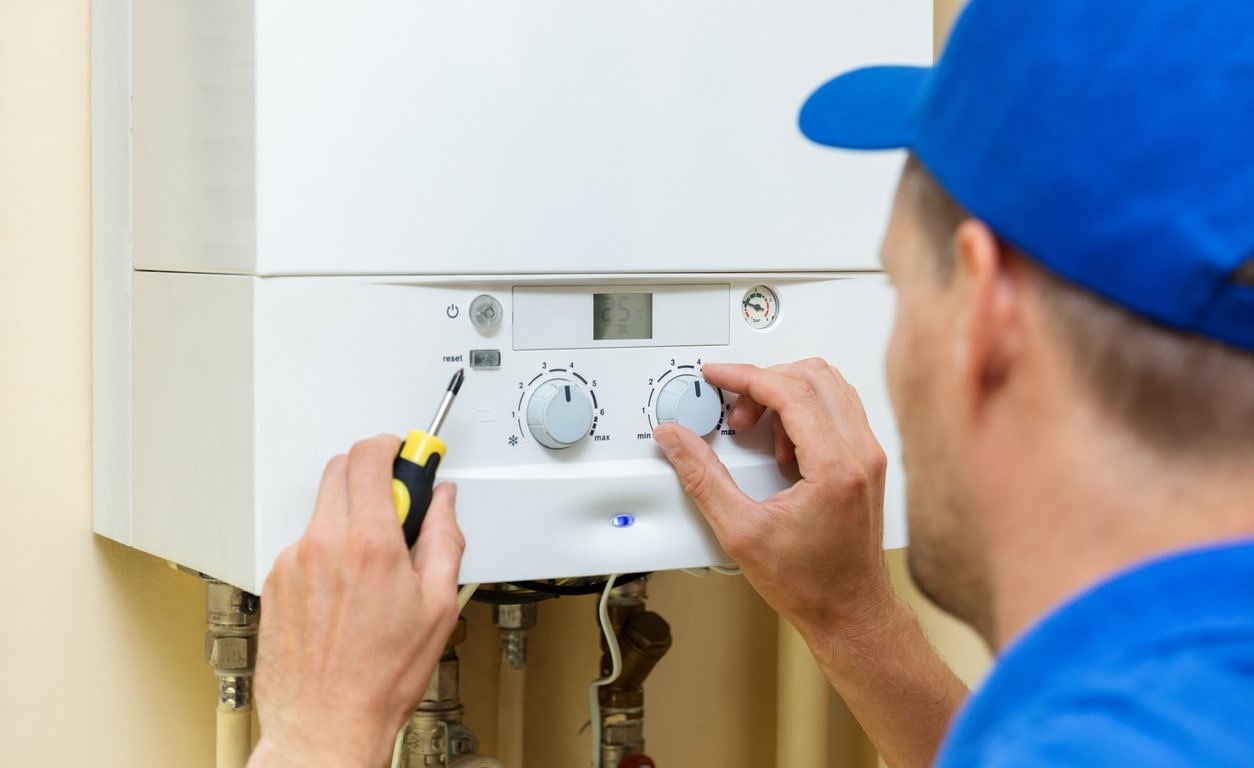
Common Issues Leading to Emergency
Hot Water Repairs in Adelaide
1. Leaks:
Leaks emerge as a frequent culprit in hot water system malfunctions, presenting a pressing need for emergency hot water repair in Adelaide. Whether originating from corroded pipes, faulty seals, or a compromised tank, leaks pose risks of water wastage, property damage, and a significant drop in system efficiency.
2. Sediment Accumulation:
Over time, sediment buildup, full of minerals and debris, becomes a prevalent issue necessitating emergency hot water repair in Adelaide. This accumulation insulates the heating element, not only diminishes heating efficiency but also poses a potential threat of overheating, leading to irreversible damage to the system.
3. Thermostat Malfunction:
The thermostat, functioning as the control centre for regulating water temperature, can encounter malfunctions leading to a need for emergency hot water repair in Adelaide. Irregularities in the thermostat can result in water that is either excessively hot or not hot enough, impacting user comfort and posing safety hazards.
4. Ageing Components:
Like any mechanical system, water heaters are susceptible to wear and tear over time, prompting the need for an emergency call out. Ageing components, including corroded pipes, deteriorating valves, or a failing heating element, compromise the overall functionality of the system, leading to frequent breakdowns.

Proactive Recognition for Averting Critical Breakdowns:
Understanding and proactively addressing these common issues is paramount to preventing emergency hot water system breakdowns in Adelaide. Regular inspections and maintenance routines allow for the early detection of leaks, enabling timely repairs before they escalate. Flushing the system as part of routine maintenance, helps mitigate the risks associated with sediment accumulation.
Periodic checks on thermostat functionality ensure precise temperature control, enhancing both safety and energy efficiency. Lastly, recognising the signs of ageing components prompts businesses to consider timely upgrades or replacements, minimising the likelihood of sudden and disruptive failures. By systematically addressing these potential pitfalls, businesses can maintain the reliability and longevity of their hot water systems, avoiding the need for emergency repairs.
Signs of Hot Water System Failure
Pre-emptive action is the only way to stay ahead maintaining the seamless functionality of hot water systems. So, it's wise to be aware of small but important signs that could show a problem is coming. These signs are like early hints of possible issues, and noticing them is like setting up a way to prevent problems before they happen.
1. Irregular Noises:
Unusual sounds emanating from the hot water system, such as banging, clanking, or popping noises, can be indicative of internal issues. These noises like this may suggest sediment buildup, a failing heating element, or issues with water flow. Identifying and addressing these noises promptly can prevent further damage and system inefficiency.
2. Fluctuations in Water Temperature:
Inconsistencies in water temperature, marked by sudden changes or prolonged fluctuations, are key indicators of an underlying problem. This could be linked to thermostat malfunctions, sediment accumulation, or issues with the heating element. Prompt detection allows for targeted intervention, ensuring that users receive the expected comfort and safety from the hot water system.
3. Discoloration:
A change in the colour of the water flowing from taps is a visible sign that warrants immediate attention. Discoloration may signal corrosion within the system, potentially compromising water quality and system integrity. Swift identification and resolution are crucial to prevent further deterioration and maintain your system's reliability.
Timely Detection for Nascent Issue Resolution:
Understanding and acknowledging these signs of hot water system failure is akin to possessing a diagnostic tool that forewarns of potential disruptions. Timely detection offers businesses the advantage of addressing issues at their nascent stages, mitigating the risk of critical failures.
Regular system monitoring, user feedback mechanisms, and scheduled maintenance checks play pivotal roles in this pre-emptive approach. By staying attuned to these signs, establishments can uphold the operational efficiency of their hot water systems, ensuring a continuous and reliable supply that meets the diverse needs of their operations.
Identifying Warning Signs Early
As a crucial aspect of maintaining a well-functioning hot water system, identifying warning signs early requires a proactive approach that involves routine inspections and heightened awareness among staff. By following this approach, you can prevent potential issues from turning into major disruptions and foster a culture of preventive maintenance.
1. Routine Inspections:
Scheduled inspections are crucial for detecting early warning signs in the system. A comprehensive evaluation of every aspect of the hot water system, including the tank, valves, and heating elements, can help identify signs of wear, detect leaks, or note irregularities before they become major issues.
2. Heightened Awareness:
In addition to formal inspections, it is important to instil heightened awareness within the organisation and train staff to recognise the nuances of the hot water system's normal operation. This allows staff to be vigilant and quickly identify any unusual noises, variations in water temperature, or slight visual anomalies, allowing for a prompt response and preventing issues from reaching critical levels.
3. Prompt Reporting:
Establishing an efficient reporting mechanism is also vital to the early intervention strategy. Encouraging staff to promptly report any irregularities they observe creates a direct line of communication, enabling maintenance teams to swiftly investigate and address concerns.
4. Scheduled Maintenance:
Finally, preventive measures such as sediment removal, inspection of heating elements, and validation of thermostat functionality should be embedded into routine schedules. Regular, planned checks that pre-emptively tackle wear and tear helps ensure the continued optimal performance of the hot water system.
Understanding the Impact on Business
The absence of hot water extends far beyond inconvenience; it permeates the very fabric of business functionality, exerting a tangible impact on various critical aspects.
1. Dissatisfied Customers: Hot water is integral to numerous customer-facing services, from hospitality to dining establishments. The inability to provide warm water for showers, clean dishes, or even comfortable handwashing can swiftly translate into dissatisfaction among patrons. This discontent can reverberate through online reviews, and word-of-mouth, and ultimately impact the business's reputation.
2. Lower Employee Morale: For employees, hot water is not merely a workplace amenity but a fundamental contributor to comfort and well-being. The absence of warm water for daily routines, such as handwashing or break-time beverages, can contribute to lower morale. This dip in employee satisfaction, in turn, can lead to decreased productivity and an overall decline in the quality of work.
3. Potential Revenue Loss: Beyond customer satisfaction and employee morale, the financial repercussions of a hot water system failure are significant. For businesses reliant on hot water, such as laundromats, restaurants, or hotels, disruptions can result in operational standstills. Closure or reduced services due to hot water unavailability directly translate to potential revenue loss and can even drive customers away from competitors.
More than a Convenience; a Business Crucial: In essence, the significance of hot water transcends its categorisation as a mere convenience. It is an indispensable element that underpins customer satisfaction, employee well-being, and overall business functionality. Recognising its pivotal role prompts businesses to prioritise the maintenance and swift resolution of hot water system issues, safeguarding not just daily operations but the long-term success and reputation of the establishment.
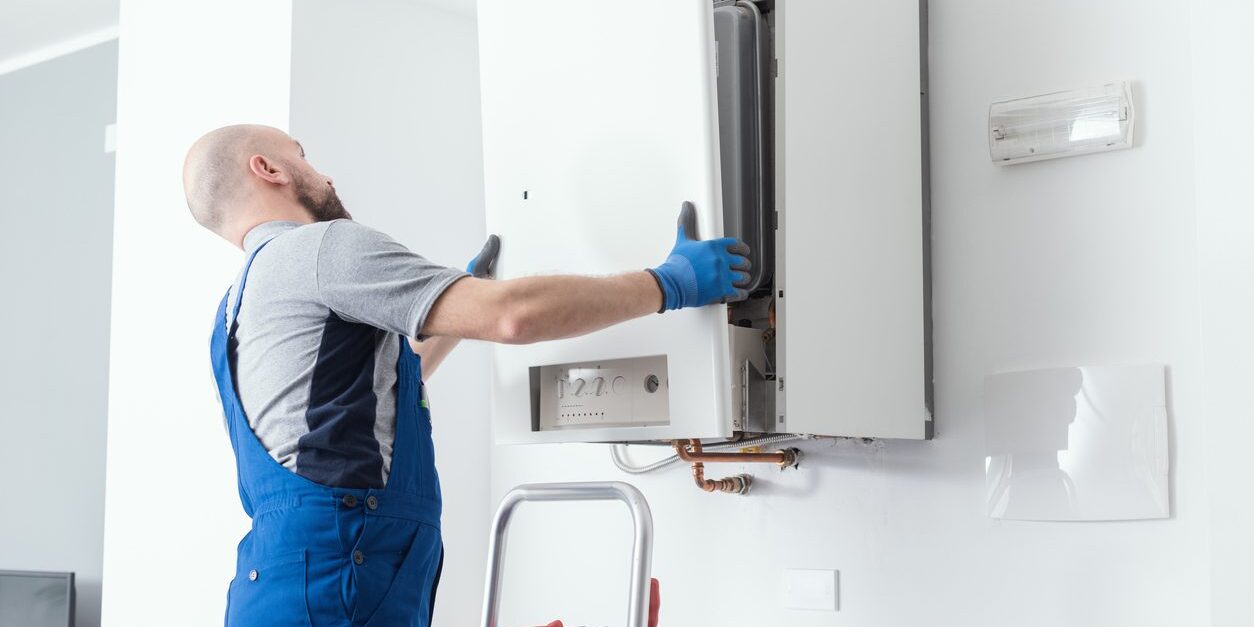
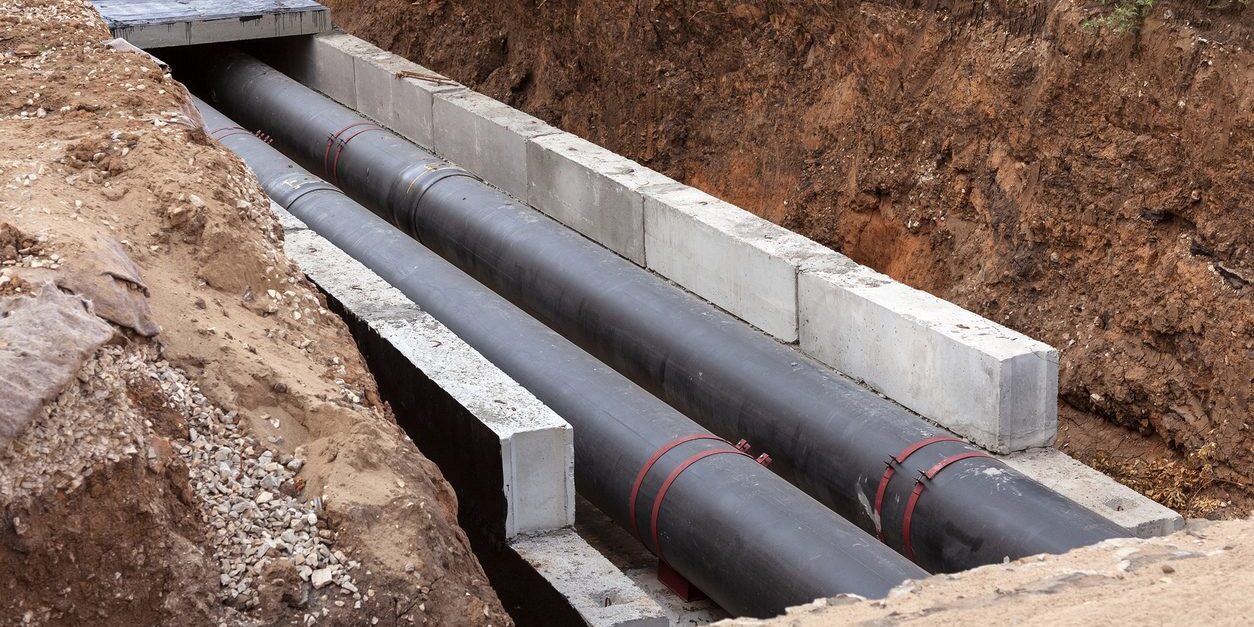
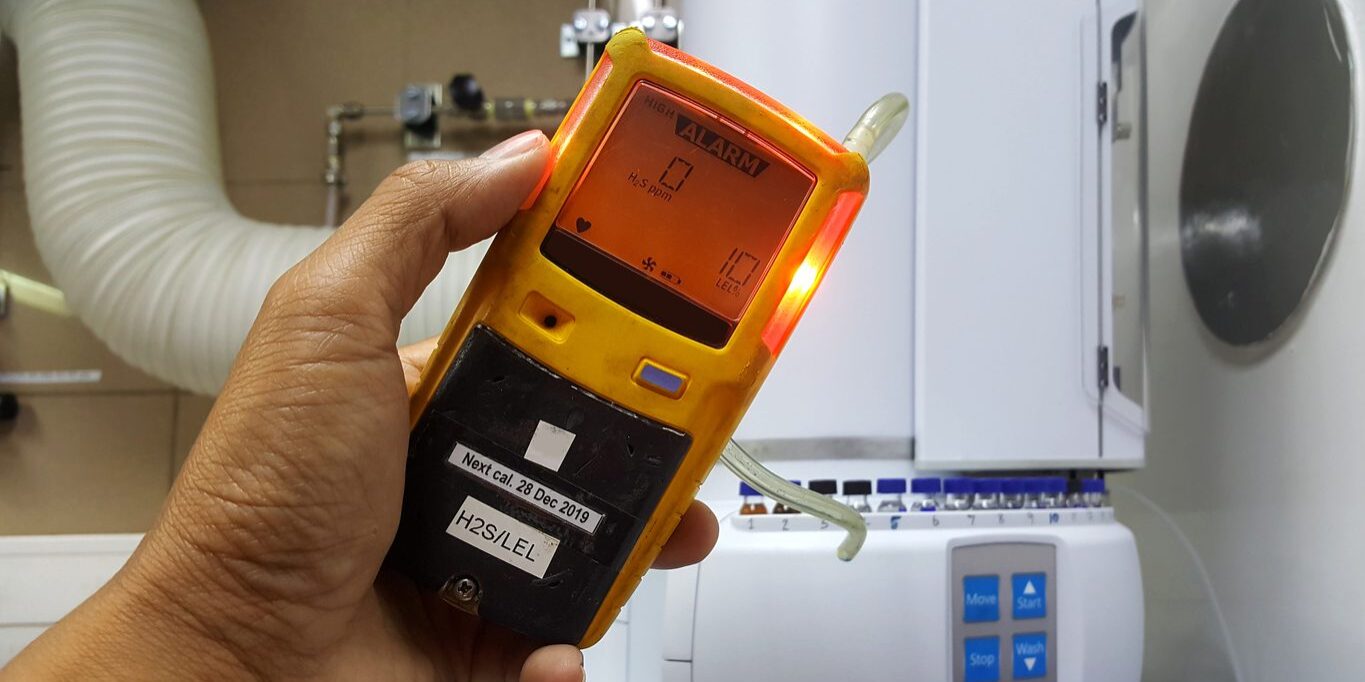
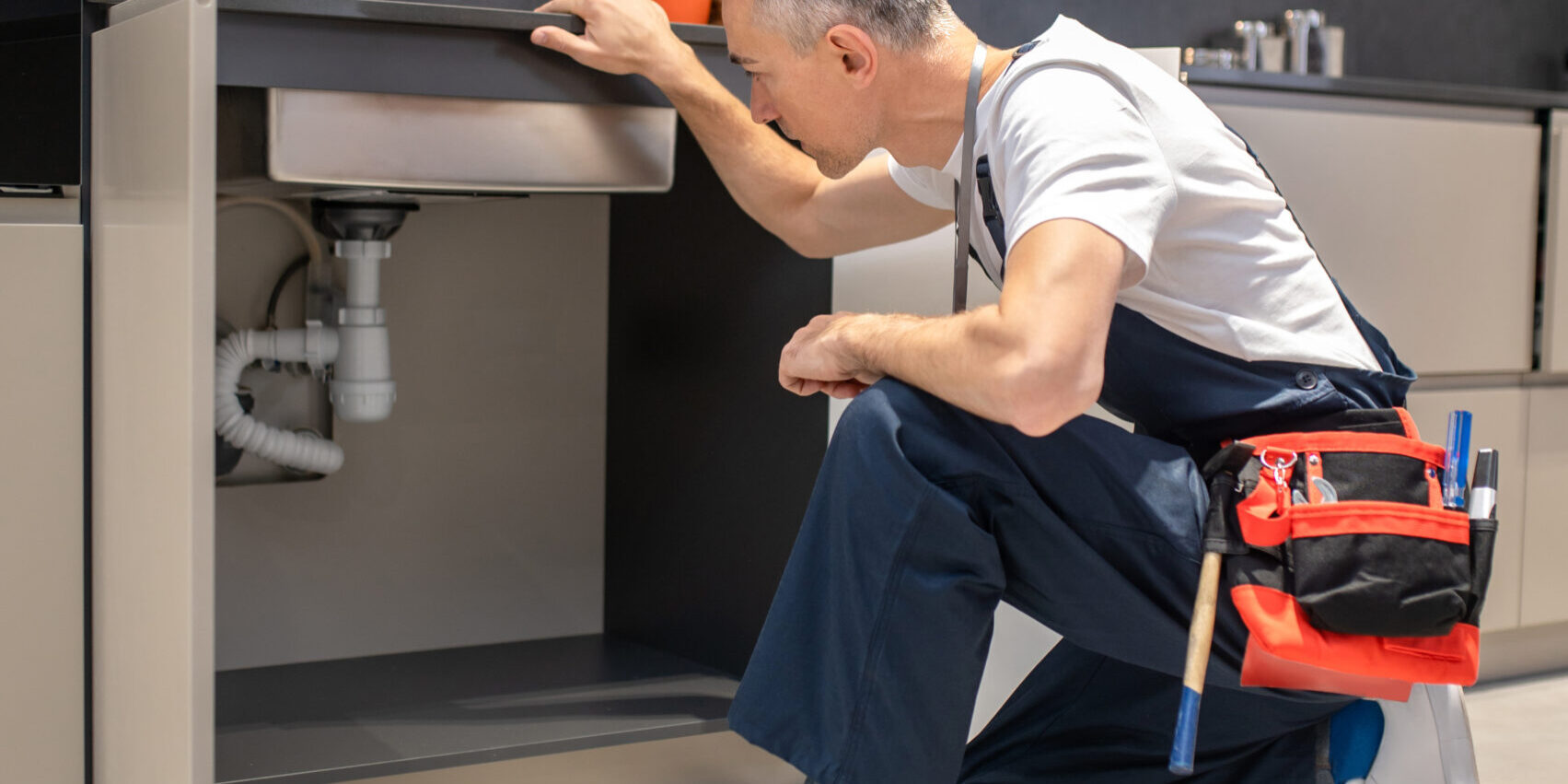
Immediate Steps to Take
When confronted with hot water system issues, swift action is imperative to mitigate further damage and expedite resolution. Here's a step-by-step guide to navigating these challenges effectively:
1. Shutting Off the Water Heater: Locate the emergency shut-off valve without hesitation. This critical step is paramount to preventing additional damage and should be executed promptly. All employees must be well-versed in the location of this valve to ensure a collective and rapid response in case of emergencies.
2. Isolating the Problem Area: Identify the specific issue causing the hot water system malfunction. Whether it's a leaking tank, a malfunctioning thermostat, or another underlying problem, pinpointing the source is essential. This clarity serves a dual purpose: it aids in the internal assessment of the situation and is invaluable when communicating with emergency repair services. The more precise the information provided, the more efficiently external assistance can be mobilised.
3. Contacting Emergency Repair Services: Once the water heater is shut off, and the problem area is identified, the next immediate step is to contact emergency repair services. Prompt communication is crucial, conveying the urgency of the situation and providing the details obtained during the isolation of the problem. This ensures that the repair service arrives well-prepared, and equipped with the necessary information to address the issue swiftly.
4. Choosing the Right Emergency Repair Service: The speed and efficacy of the response hinge on selecting the right emergency repair service. Research local companies with a proven track record in addressing commercial hot water system issues. Read reviews, and testimonials, and verify their licensing and certification. This diligence in the selection process is an investment in the prompt and effective resolution of the problem.
5. Temporary Solutions While Waiting for Repairs: While awaiting professional intervention, consider implementing temporary solutions to minimise disruption. Communicate safety guidelines to staff and customers, ensuring everyone is aware of alternative facilities if needed. Explore temporary workarounds, such as utilising alternative heating sources, to keep essential operations running until the hot water system is fully restored.
In essence, taking immediate steps involves a swift and systematic response to hot water system emergencies. From halting further damage to communicating effectively with repair services, these actions collectively contribute to the efficient resolution of issues, minimising downtime and safeguarding the overall functionality of business operations.
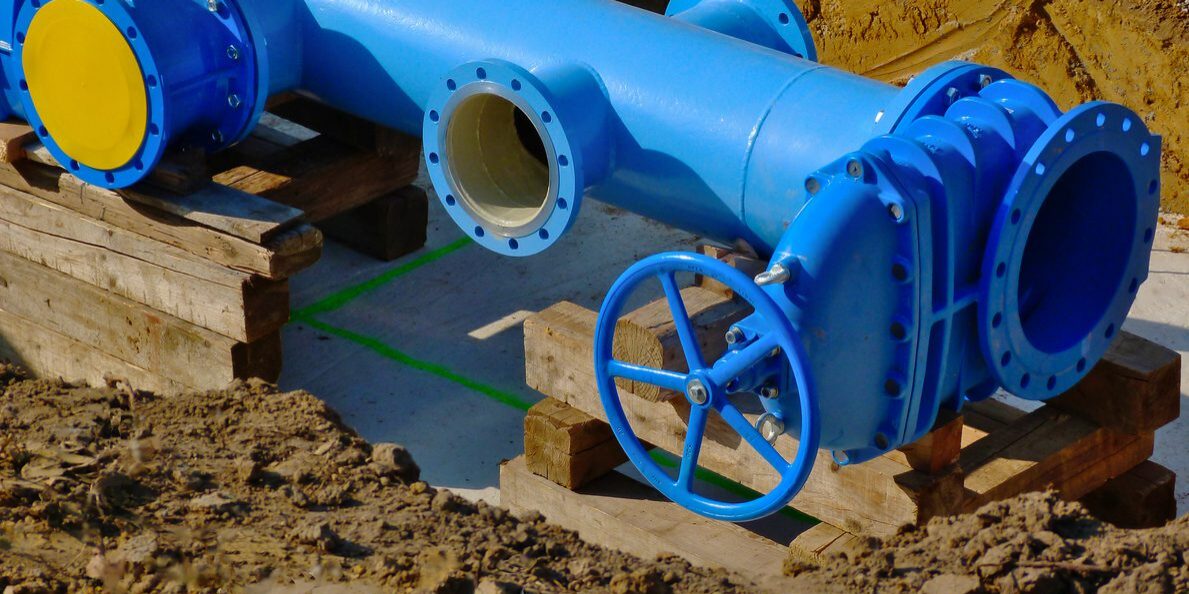
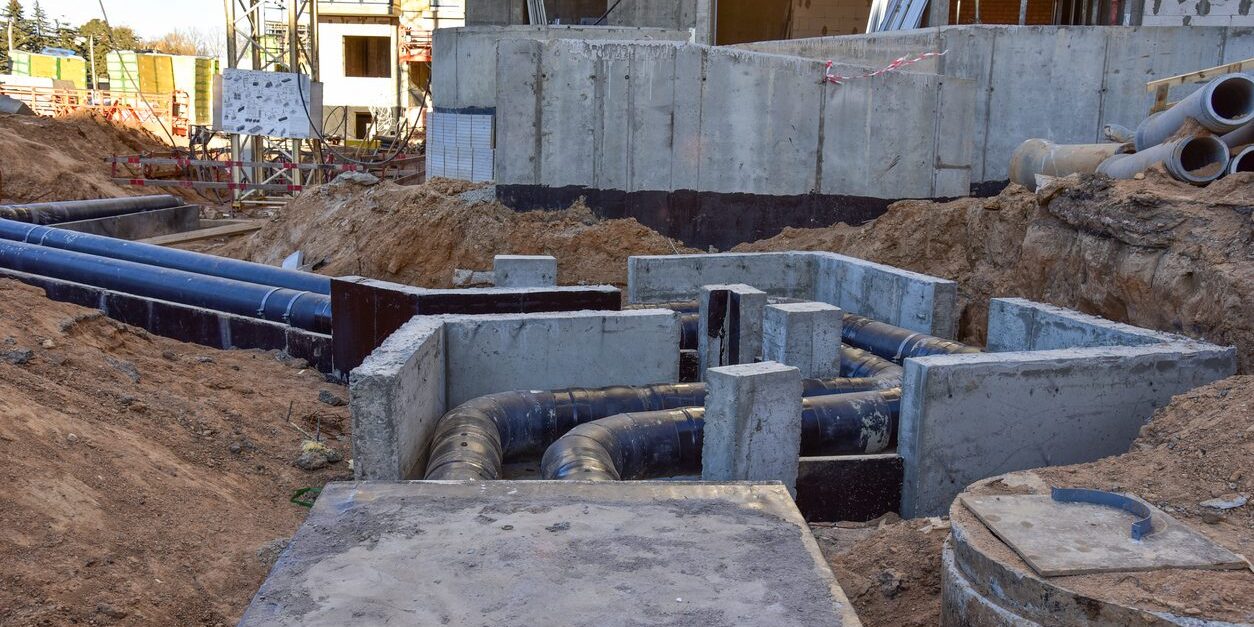
Preventive Measures for Future Incidents
Emergencies serve as valuable lessons, offering insights that can be leveraged to fortify the resilience of hot water systems. To pre-emptively address potential issues and ensure the sustained functionality of these crucial systems, consider the following preventive measures:
1. Regular Maintenance Tips:
Establishing a proactive maintenance schedule is pivotal for catching potential problems before they escalate. Routine inspections, conducted at regular intervals, allow for the early detection of wear and tear, sediment accumulation, or other issues that could compromise the system's efficiency. This preventive approach not only ensures the consistent performance of the hot water system but also extends its overall lifespan.
2. Upgrading Aging Hot Water Systems:
Ageing hot water systems are more prone to breakdowns and inefficiencies. To forestall future emergencies, consider the strategic investment of upgrading outdated systems. While this may entail an initial cost, the long-term benefits in terms of enhanced efficiency, reliability, and reduced likelihood of emergencies outweigh the upfront expenses. Upgrading also aligns the business with advancements in technology and energy efficiency standards.
3. Monitoring Performance Metrics:
Regularly monitoring the performance metrics of the hot water system is a proactive measure for early issue detection. Deviations from established performance norms, whether in temperature consistency or efficiency, can serve as early warning signs. Implementing a system for tracking and analysing these metrics allows businesses to intervene swiftly, preventing potential problems from evolving into critical issues.
By incorporating these preventive measures into the hot water system management strategy, businesses not only learn from past emergencies but also position themselves for sustained operational excellence. Regular maintenance, strategic upgrades, and vigilant performance monitoring collectively form a robust framework that minimises the likelihood of future incidents, ensuring a reliable and efficient hot water supply for the long term.
Cost Considerations
Effectively managing hot water system emergencies involves a nuanced understanding of the financial aspect. By comprehensively assessing cost considerations, businesses can make informed decisions that balance both quality and affordability.
1. Understanding Emergency Repair Costs:
Foremost in the financial equation is a clear understanding of the potential costs associated with emergency repairs. This involves not only the direct repair expenses but also any ancillary costs related to business disruptions, potential property damage, or temporary alternative solutions. Obtaining detailed estimates from emergency repair services aids in creating a realistic budget and facilitates effective decision-making.
2. Balancing Quality and Affordability:
Striking the right balance between quality and affordability is a delicate but crucial task. While cost-effective solutions may seem appealing, sacrificing quality can lead to recurrent issues and additional expenses in the long run. Conversely, opting for high-quality services without considering budget constraints may strain financial resources unnecessarily. Therefore, businesses should seek a middle ground that ensures a durable and effective repair without compromising fiscal responsibility.
Navigating cost considerations demands a strategic mindset that goes beyond immediate expenses. By understanding the financial implications of emergency repair costs and prioritising a judicious balance between quality and affordability, businesses position themselves to not only address current hot water system challenges but also to make sustainable decisions that contribute to long-term fiscal health.
Local Regulations and Compliance
In the intricate landscape of business operations, adherence to local regulations stands as a cornerstone for sustainable and lawful practices. Particularly concerning hot water systems, businesses in Adelaide must navigate and comply with specific legal frameworks to ensure both operational integrity and regulatory conformity.
1. Adhering to Adelaide's Building Codes:
A foundational step in regulatory compliance involves a meticulous verification of adherence to Adelaide's building codes. These codes stipulate the standards and specifications that businesses must meet to ensure the safe and lawful installation and operation of hot water systems. This includes considerations such as system placement, structural integrity, and adherence to environmental and safety standards.
2. Compliance with Environmental Standards:
Beyond structural considerations, businesses must align their hot water systems with environmental standards. Ensuring that the systems meet eco-friendly criteria and contribute to sustainable practices is a crucial facet of compliance. This includes considerations such as energy efficiency, waste reduction, and adherence to environmentally responsible practices throughout the hot water system's life cycle.
Compliance with local regulations is not only a legal obligation but also a strategic commitment to responsible business practices. By verifying adherence to Adelaide's building codes and environmental standards, businesses not only prevent legal complications but also contribute to the broader goals of safety, sustainability, and community well-being. It's a proactive stance that aligns operational practices with the values of the community and regulatory expectations.
Ensure the System Follows
Eco-Friendly Standards
In the pursuit of regulatory compliance and responsible business practices, businesses must not overlook the imperative of aligning hot water systems with eco-friendly standards. Beyond mere functionality, integrating environmentally conscious elements into these systems contributes to a broader commitment to sustainability.
1. Energy Efficiency:
Implementing energy-efficient features in hot water systems not only reduces operational costs but also lessens the environmental impact. This includes the use of insulated tanks, efficient heating elements, and programmable thermostats. By minimising energy consumption, businesses not only adhere to eco-friendly standards but also contribute to a reduced carbon footprint.
2. Waste Reduction:
Hot water systems generate waste in the form of sediment buildup and potential water waste during maintenance. Employing systems that minimise waste, such as self-cleaning mechanisms or efficient drainage systems during maintenance, aligns with eco-friendly practices. This approach ensures that the environmental impact of the hot water system is mitigated throughout its lifecycle.
Proactive Strategies for Adelaide Businesses
Adelaide businesses need to be prepared for hot water emergencies to maintain seamless functioning. To achieve this, businesses should take a proactive approach by managing hot water systems through regular maintenance, upgrades, and monitoring performance metrics.
When hot water emergencies arise, prompt action should be taken to mitigate damage. Additionally, it is important to choose reputable emergency repair services through thorough research and consideration. Understanding emergency repair costs and insurance coverage can also help in making informed financial decisions.
By adopting a proactive approach, Adelaide businesses can ensure the continued functionality of their hot water systems and contribute to a resilient and sustainable operational framework. Remember, prevention is always better than reaction when it comes to hot water emergencies.
Take the Best Step Towards
Reliable Hot Water Solutions
World of Water is a trusted plumbing and gas services provider in Adelaide with over 20 years of experience. Our team of licensed and experienced plumbers is dedicated to delivering top-notch solutions customised to meet your specific needs. We pride ourselves not only on the quality of our work but also on your satisfaction.
As a family-owned business, we are committed to providing exceptional customer service, competitive pricing, and the assurance of reliable plumbing solutions that stand the test of time. Contact us at 0433 558 282 today or visit our website to ensure reliable hot water solutions for your Adelaide business. Choose World of Water as your partner and experience peace of mind and comfort like never before.
